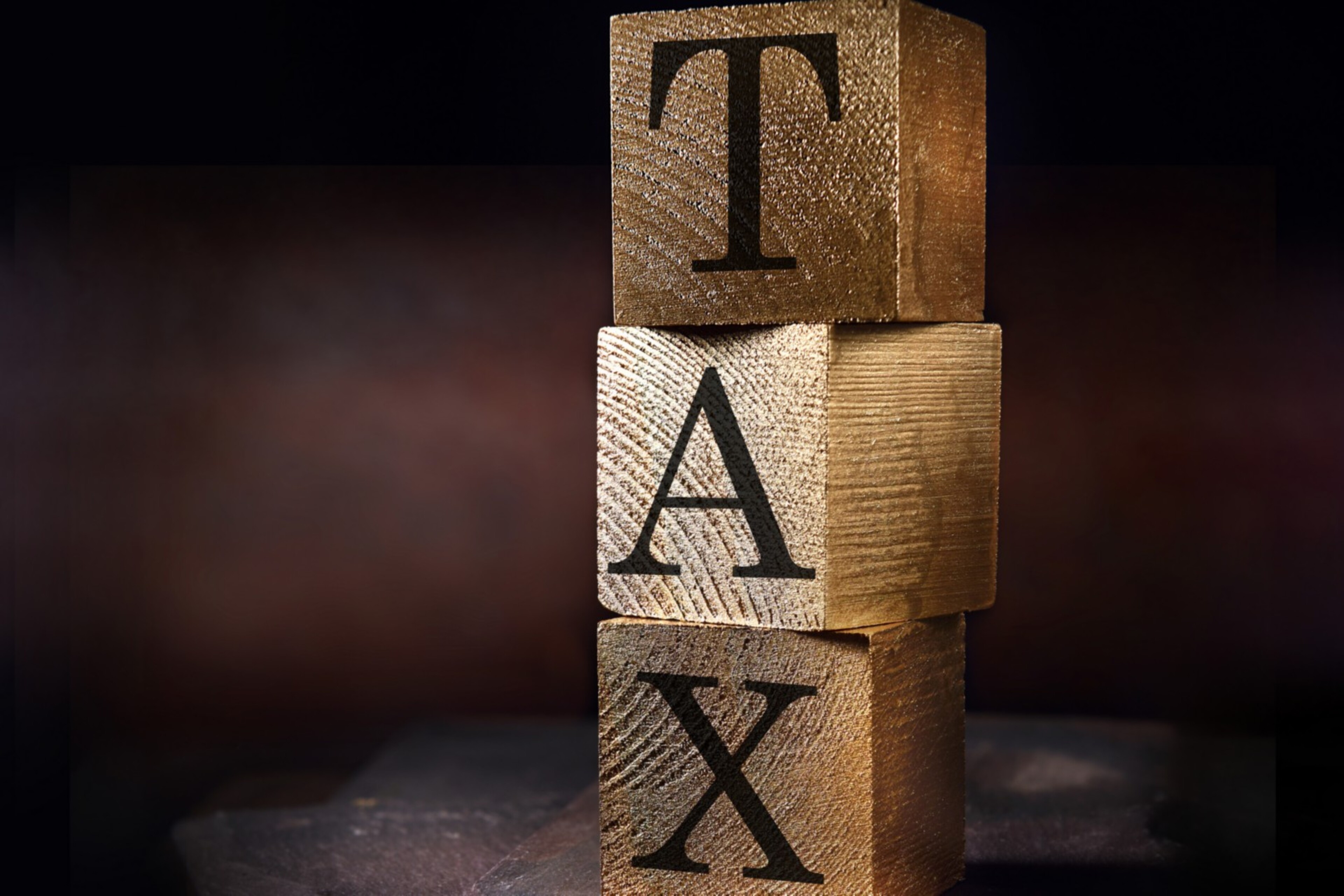EY refers to the global organization, and may refer to one or more, of the member firms of Ernst & Young Global Limited, each of which is a separate legal entity. Ernst & Young Global Limited, a UK company limited by guarantee, does not provide services to clients.
How EY can help
-
Tax policy advisory services by EY India offers insights & strategies to navigate complex tax regulations, driving business growth and compliance.
Read more
The Income-tax Act provides that when an amount is spent out of corpus, the same would be allowed as application only upon recoupment of corpus. Also, in case of loans, repayment of loans would be allowed as application in the year of repayment. Currently, the law does not provide for any time-limit for such recoupment / repayment. Now, a new amendment is proposed allowing application only where recoupment of corpus or repayment of loans is completed within a period of 5 years. This may restrict the ability of charitable institutions to incur large capital expenditure, where the returns would flow in after a few years.
Charitable institutions that have already initiated their activities are now allowed to apply for final tax exemption registration directly instead of a provisional one. While this is a welcome amendment, Principal Commissioner / Commissioner of Income-tax are now empowered to examine the objects, genuineness of activities and past compliances of the institutions before granting registrations.
Charities are exposed to the provisions of ’exit tax’ and are liable to pay tax at 34.94% on the accreted income (FMV of assets less FMV of liabilities) upon violation of certain conditions (viz. conversion into non-charity form, transferring assets to any non-charitable entity, merger with entity not having similar objects etc). Now, in addition to these conditions, if there is a delay in filing of application for registration / re-registration for tax exemption, it would be deemed that the charitable institutions have been converted into non-charitable form, thereby triggering exit tax implications. This is an unrelenting amendment and would put additional pressure on charitable institutions from an administration and compliance standpoint.







